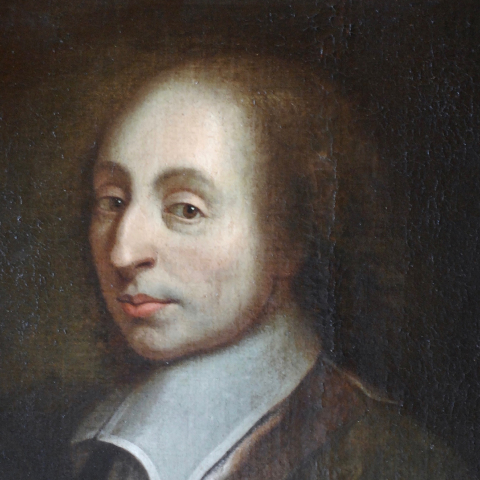Blaise Pascal's IQ Was 180

Blaise Pascal was a famous French mathematician, physicist, inventor, writer, and Catholic theologian. It is believed his IQ was 180.
Born in 1623, Pascal was a child prodigy. By age 12, he had already started understanding geometry. At 16, he wrote an important math proof called Pascal's Theorem, which was so impressive that even René Descartes initially doubted it was really his work. However, it was indeed young Pascal's work.
Pascal's brilliance continued to show as he worked with Pierre de Fermat to develop the modern theory of probabilities. He also invented one of the first mechanical calculators, the Pascaline, which could do basic math. Even though it didn't sell well, this invention was amazing for its time.
Pascal also made big discoveries in fluid mechanics. He found that pressure applied to a fluid in a closed space is spread out equally in all directions. This idea, known as Pascal's Law, is very important in the study of fluids and hydraulics.
Besides science and math, Pascal was also known for his writing on philosophy and religion. His most famous work is the "Pensées," where he talked about human life and faith. He is well known for Pascal's Wager, which argues that believing in God is a smart bet.
Pascal understood both the limits of human knowledge and the the importance of faith in a time of scientific discovery. His work helped bridge the gap between science and religion.
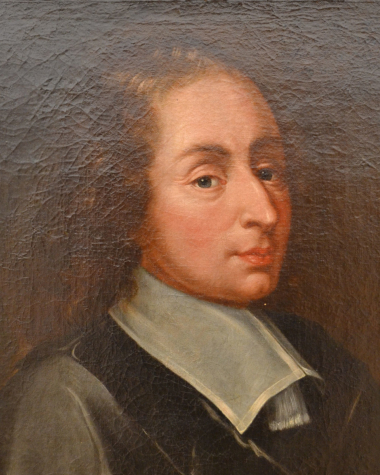

Average Confidence Level
HighWe used the findings of Genetic Studies of Genius to figure out the IQ score of Blaise Pascal. The other sources are provided for comparison purposes.
 Confidence Level: High
Confidence Level: High
 Confidence Level: Low
Confidence Level: Low
5 Reasons Why Blaise Pascal Is Considered a Genius
- Child Prodigy in Geometry: By age 12, Blaise Pascal had independently discovered several geometric theorems. He also started to explore the properties of figures, a clear early sign of his exceptional intellect.
- Invented the Pascaline: His father was a tax collector. To ease his burden of adding and subtracting figures, Pascal invented the Pascaline, an early mechanical calculator. This contribution significantly advanced the field of calculating machines.
- Pascal's Law: He established the principles of hydrodynamics and hydrostatics by culminating in Pascal's Law. This law states that pressure applied to a fluid is transmitted undiminished through the fluid.
- Probability Theory: Together with Pierre de Fermat, Pascal developed a foundational theory of probability. This addressed problems of legal decision-making and philosophical inquiries into randomness and chance.
- Pascal's Wager: He penned Pascal's Wager, an argument in philosophy that posits faith in God is rational due to the potential benefits versus the comparatively minimal losses of belief.
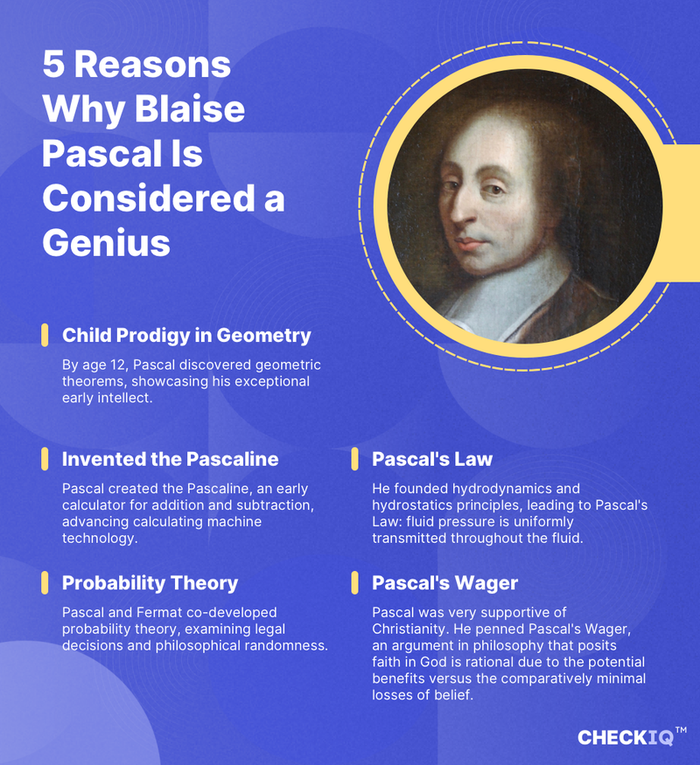
Try our accurate online IQ Test. Get your IQ score immediately.
Start IQ Test
How High Is Blaise Pascal's IQ Compared to the Rest of the World?
With an IQ of 180, Blaise Pascal was literally one in 20 million. This incredible score far exceeds the entry levels for well-known high-IQ clubs. Mensa, for instance, requires a score in the top 2%, around 130 for most modern tests. Pascal would also easily meet the standards for the Epimetheus Society, which only accepts the top 0.003% with scores of 160 or higher.
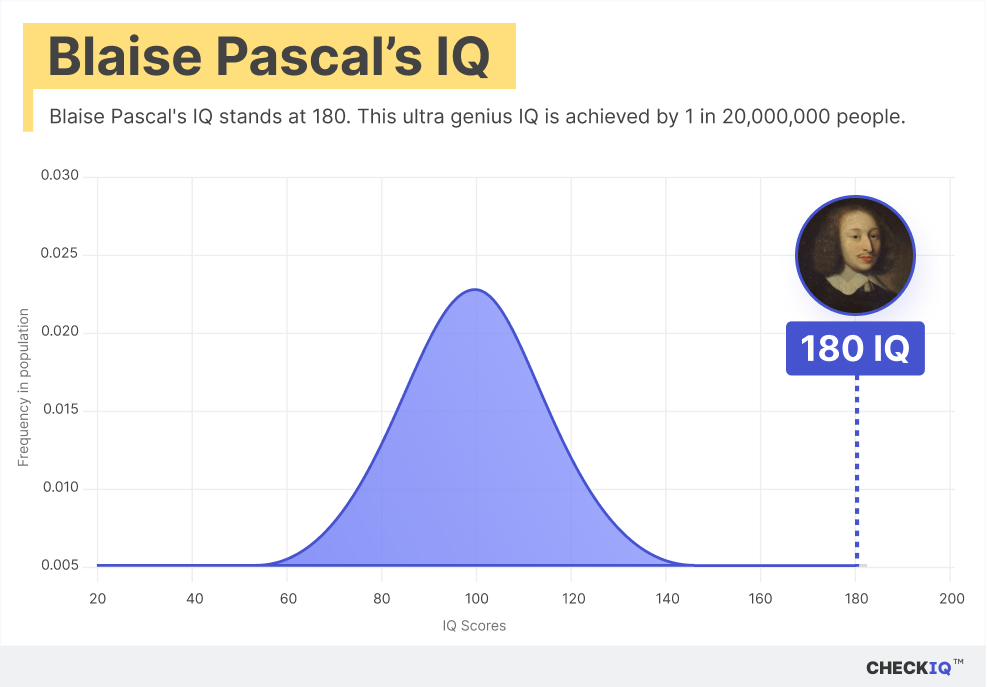
How Blaise Pascal's IQ Stacks Up Against Other Scientists
Blaise Pascal, with his IQ of 180, stands among the intellectual giants of history. However, some modern minds have reached even higher levels of brilliance. Take Terence Tao, whose incredible IQ of 227 makes him one of the greatest mathematicians of our time. He became the youngest person ever to win the Fields Medal, mathematics’ highest honor, highlighting his exceptional talent in the field.
Kim Ung-Yong, with an IQ of 210, is another prodigy who amazed the world by reading Korean, Japanese, English, and German by the age of four. His early mastery of multiple languages and advanced mathematical skills set him apart as a unique genius.
J. Robert Oppenheimer, known for his pivotal role in developing the atomic bomb, had an IQ of 145. His leadership in the Manhattan Project showcased his deep understanding of physics and his ability to apply complex theories to real-world problems.
Physicist Edward Witten, with an IQ of 191, has significantly influenced string theory. His contributions have provided profound insights into the fundamental nature of the universe, making him one of the leading theoretical physicists of our era.
Leibniz, who shares a near match with Pascal’s IQ, independently invented calculus alongside Newton. His work in mathematics, logic, and philosophy has left an enduring legacy, showcasing his extraordinary intellect.
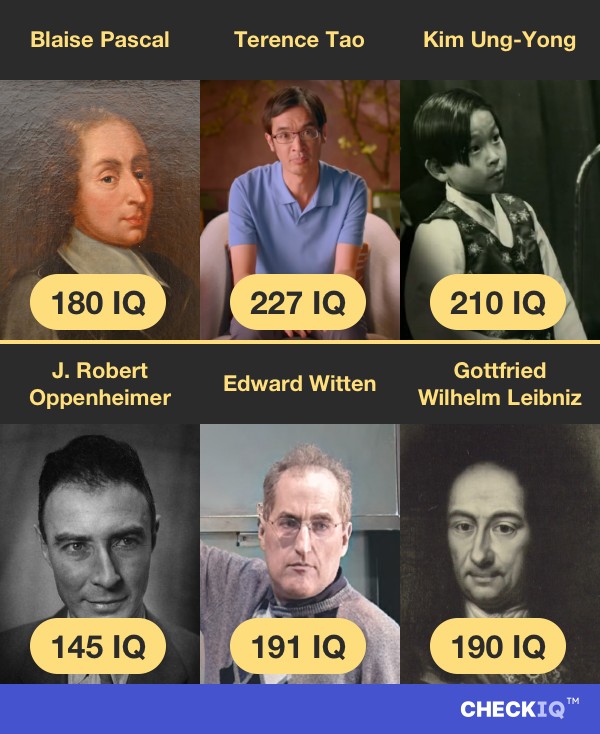
Do you think Blaise Pascal deserve an IQ of 180. Let us know in the comments section below!

Find Out the IQ of Other Celebrities
-
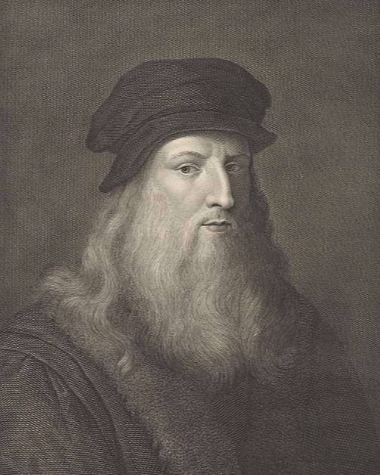 Leonardo da Vinci180 IQ
Leonardo da Vinci180 IQ -
 Andrew Tate148 IQ
Andrew Tate148 IQ -
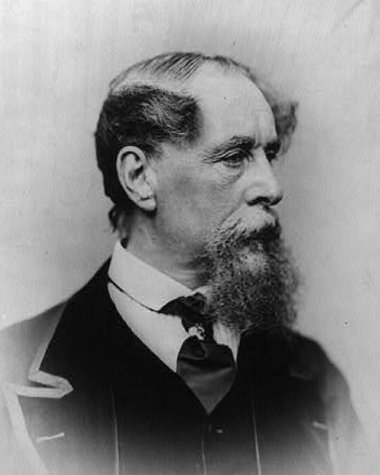 Charles Dickens145 IQ
Charles Dickens145 IQ -
 Kyrie Irving150 IQ
Kyrie Irving150 IQ -
 Marilyn Monroe165 IQ
Marilyn Monroe165 IQ -
 Axl Rose115 IQ
Axl Rose115 IQ

